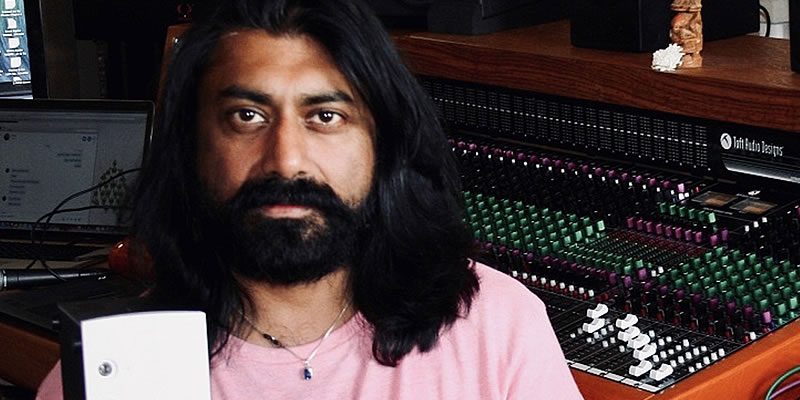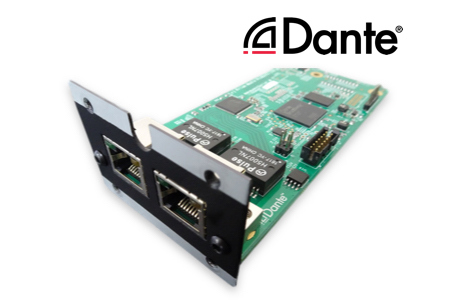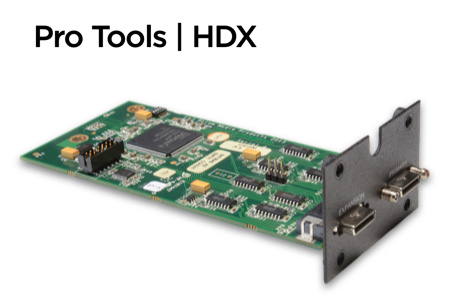Atlas
Reference Grade Expandable Production Interface

Sign Up to Find Out More
Used By The World's Best
“Atlas is a sumptuous interface, offering unparalleled sound quality. Prism Sound’s reputation is further enhanced with its arrival and, since the quality of its interfaces was already on a pedestal for most of us, that’s a glowing endorsement.” – MusicRadar.

“This unit has changed my life… I’ve spent years trying to find an interface that didn’t colour the sound of the instruments I’m recording… It has succeeded in bringing my whole studio together and I feel like I can breathe again.”
Talvin Singh OBE - Music Producer & Composer

Unsurpassed Clocking and Jitter Rejection

Digital Mixer with Flexible Monitoring

Mic Preamps

Future Proof Connectivity
MDIO
Multi-channel I/O Expansion
Atlas & Titan support Prism Sound’s MDIO expansion cards, which provide alternative “host” connections. The “host” is usually a computer and the Atlas or Titan interface provides a means of connection between the host and the external analogue and digital audio I/O ports.
The MDIO expansion slot provides an alternative host connection. It does not necessarily disable the USB port, but in the case of the Pro Tools interface MDIO-PTHDX, the USB port is switched off when the Pro Tools interface is to be used.
The DANTE module allows multiple Titan or Atlas units to be connected directly to a DANTE equipped network.
The Pro Tools MDIO-HDX module allows multiple Titan or Atlas units to be connected directly to an AVID Pro Tools HDX or HD native system via AVID’s “Digilink” connection.

Tech Specs
Dimensions
2U 19inch rack mountable
(rubber feet and rack ears supplied)
Table top (inc feet): W: 440mm D: 290mm H: 95mm
Rack-mount (inc ears):
W: 483mm D: 290mm H: 88mm
Power
90-250VAC, 50/60Hz internal power supply
IEC 6A connector
35W 0.5A(T) 20mm ceramic fuse
Inputs
8 x combo connectors with XLR sockets for mic input and 6.3mm TRS jack sockets for line input (balanced or unbalanced)
1 x RCA
1 x TOSLINK for S/PDIF or ADAT Optical input
Outputs
8 x 6.3mm TRS jack sockets (balanced or unbalanced)
1 x RCA
1 x TOSLINK for S/PDIF or ADAT Optical output
Digidesign, Pro Tools, Pro Tools 24|MIX, 888|24 I/O, Pro Tools|HD, 192 I/O, 96 I/O, SYNC I/O and
DigiLink are trademarks of Digidesign, a division of Avid Technology Inc.
ADAT is a trademark of Alesis Corporation.
TOSLINK is a trademark of the Toshiba Corporation
Microsoft and Windows are trademarks of Microsoft Corporation.
Apple, Macintosh, Core Audio, FireWire and OS X are trademarks of Apple Computer, Inc.
The Thunderbolt icon and logo are trademarks of Intel Corporation
All trademarks acknowledged



